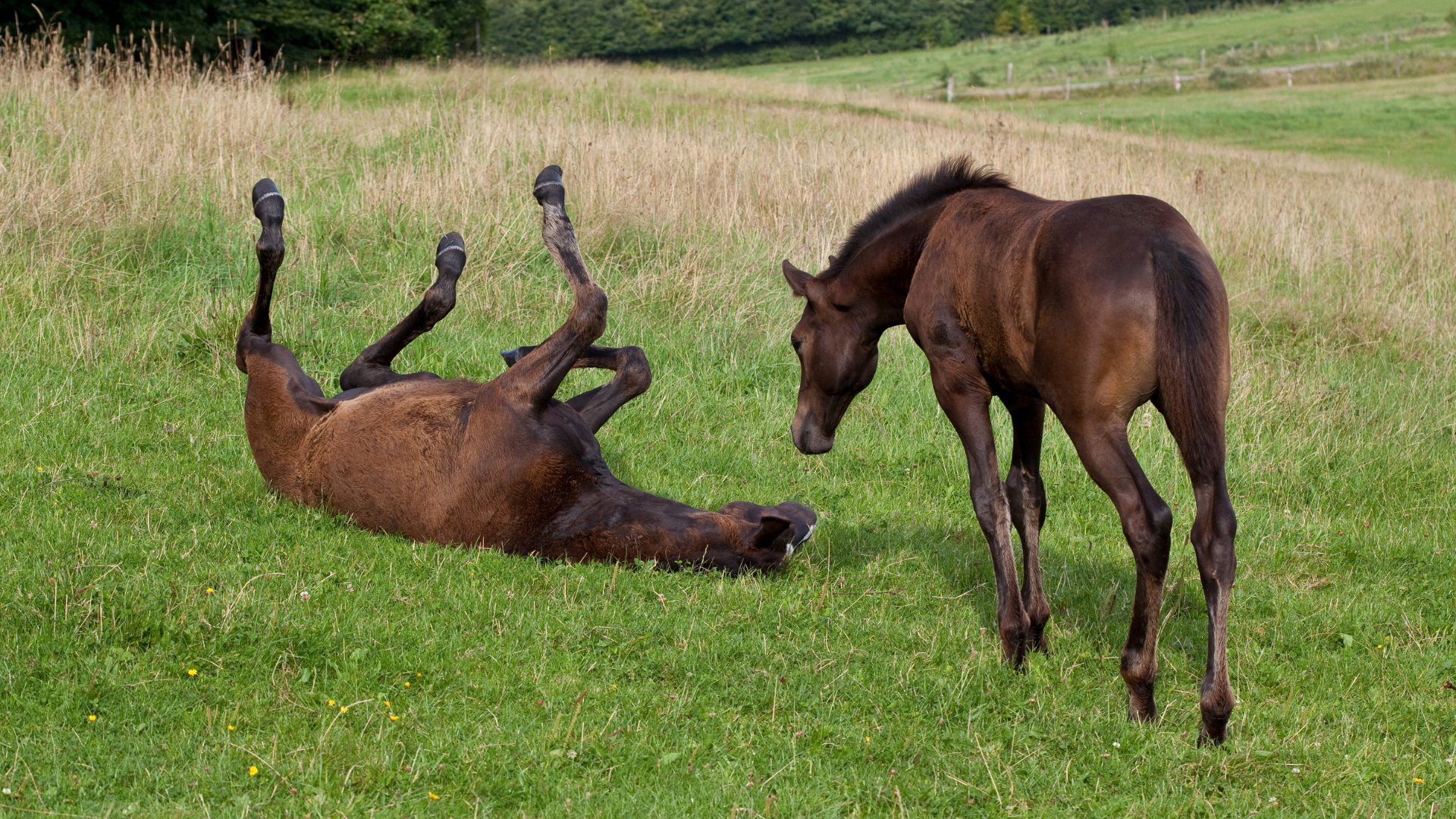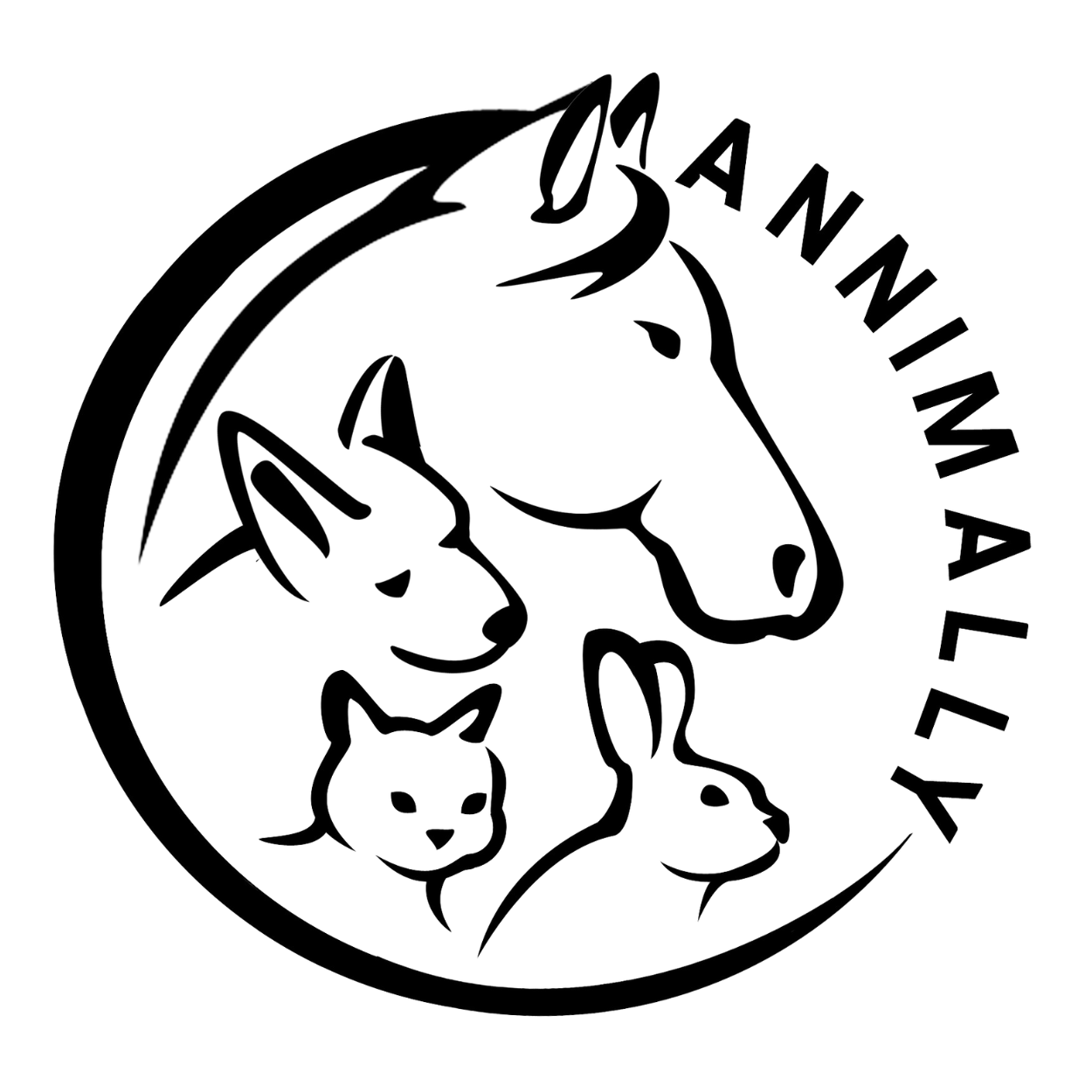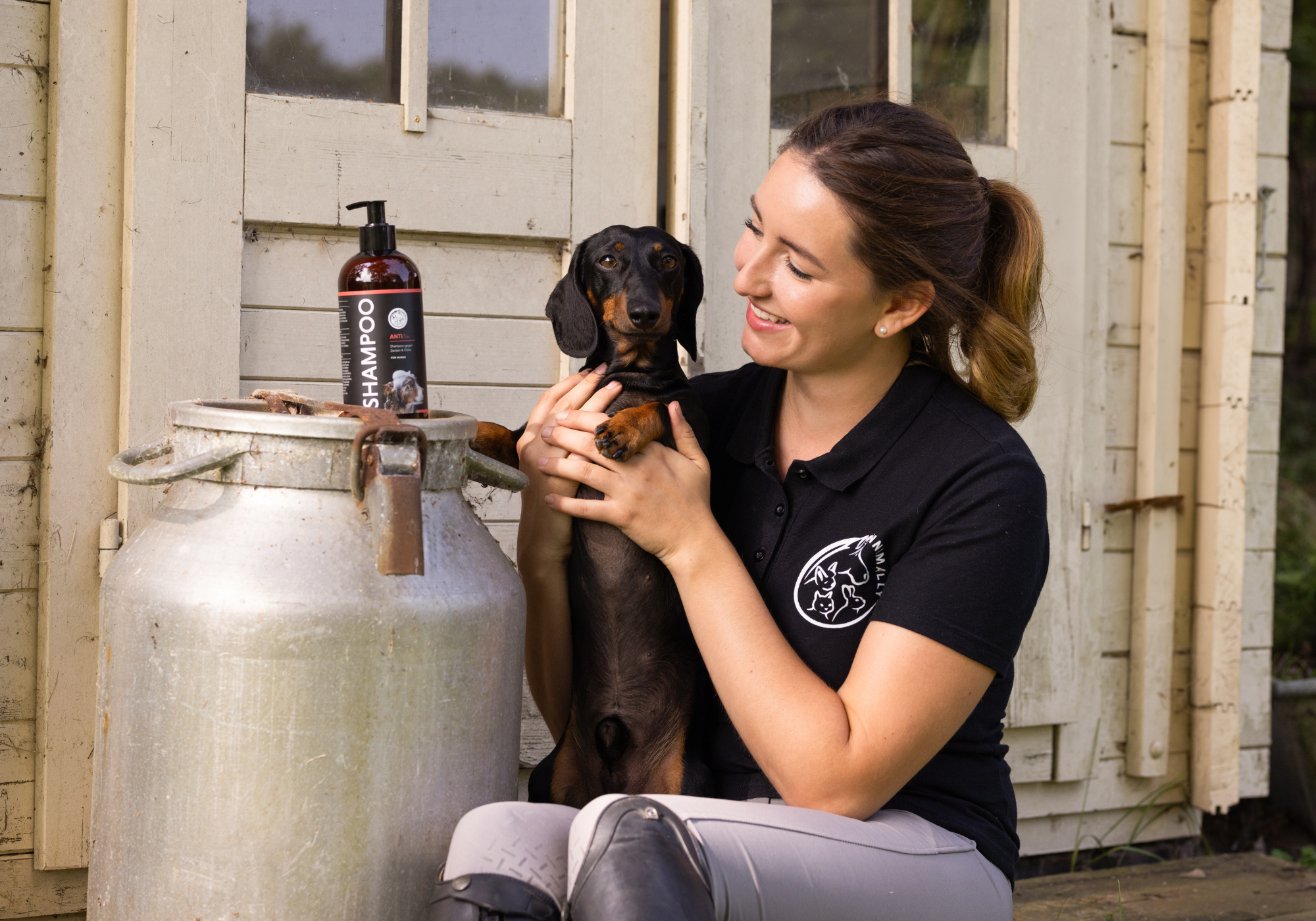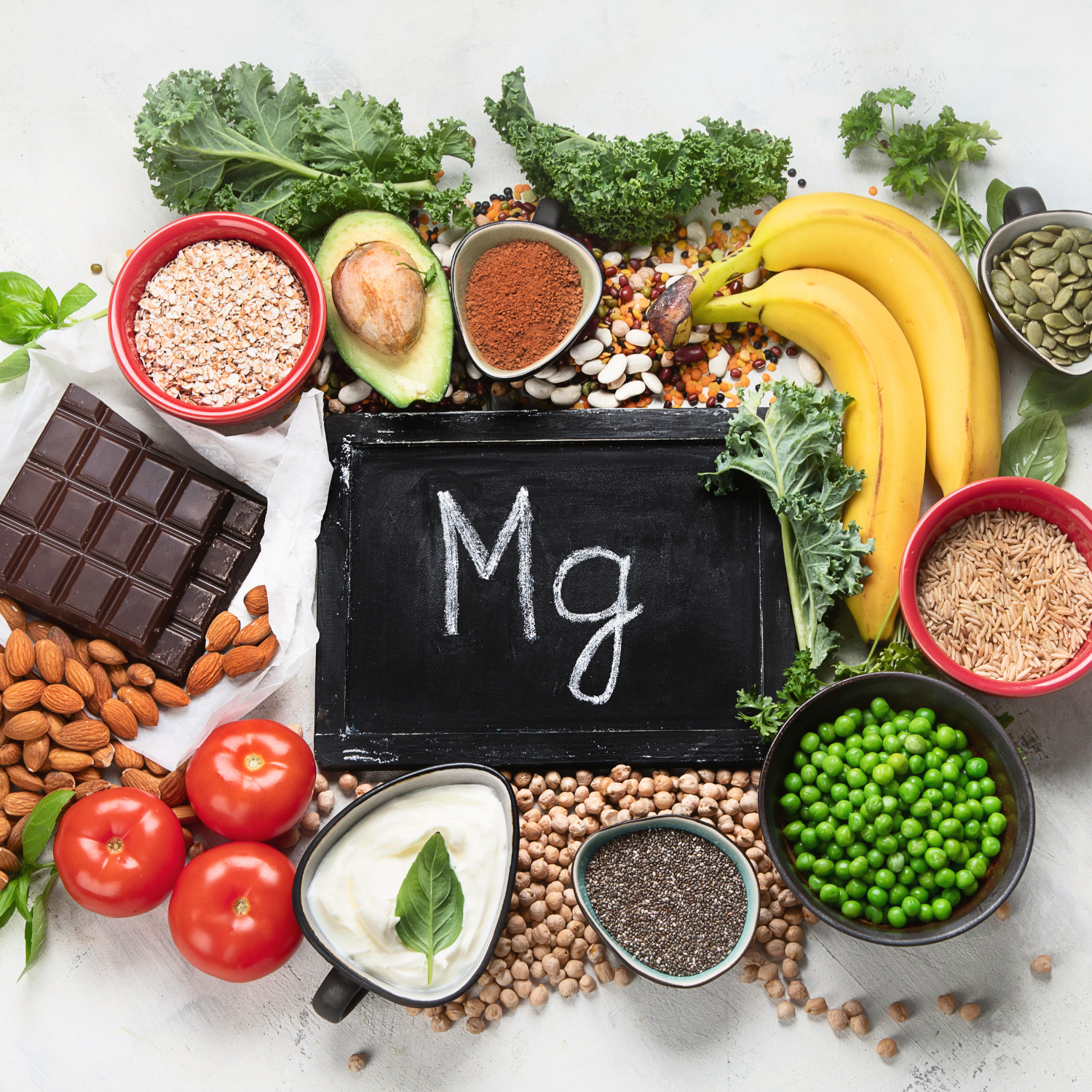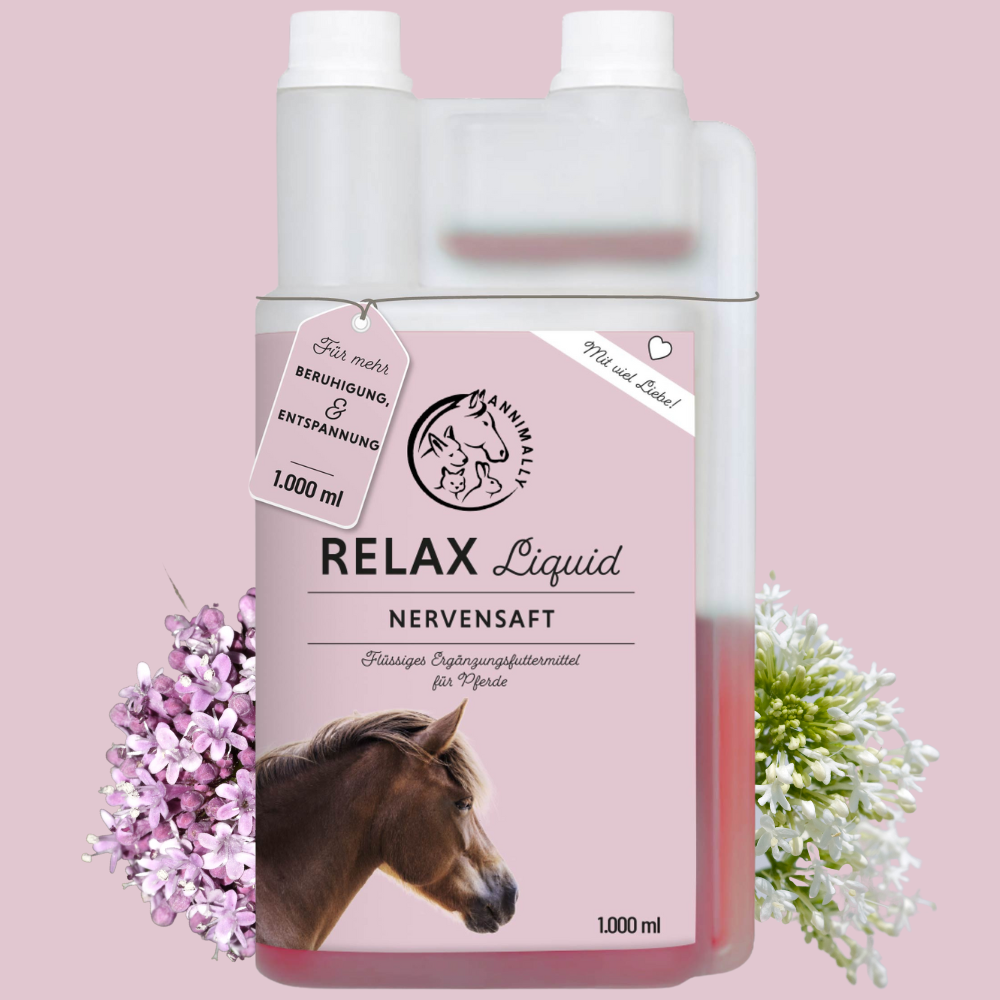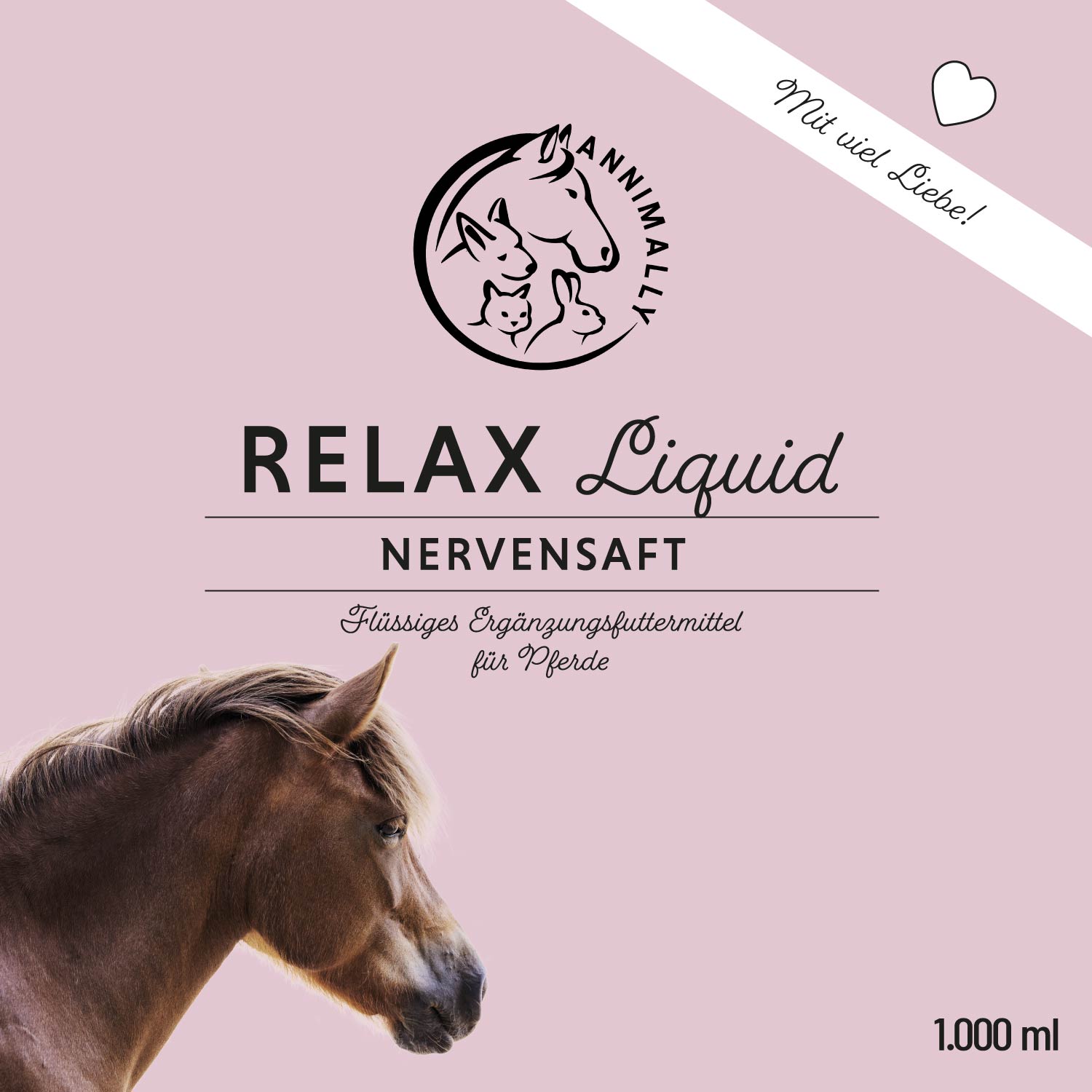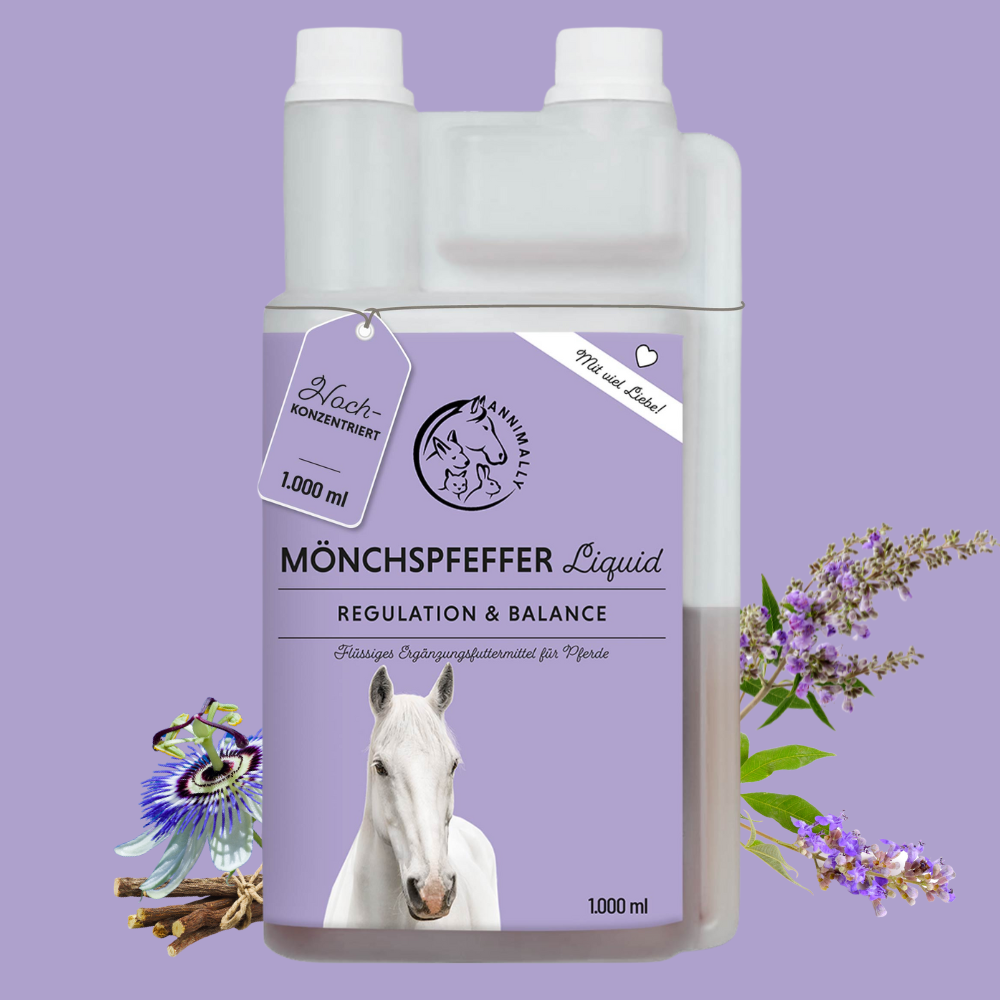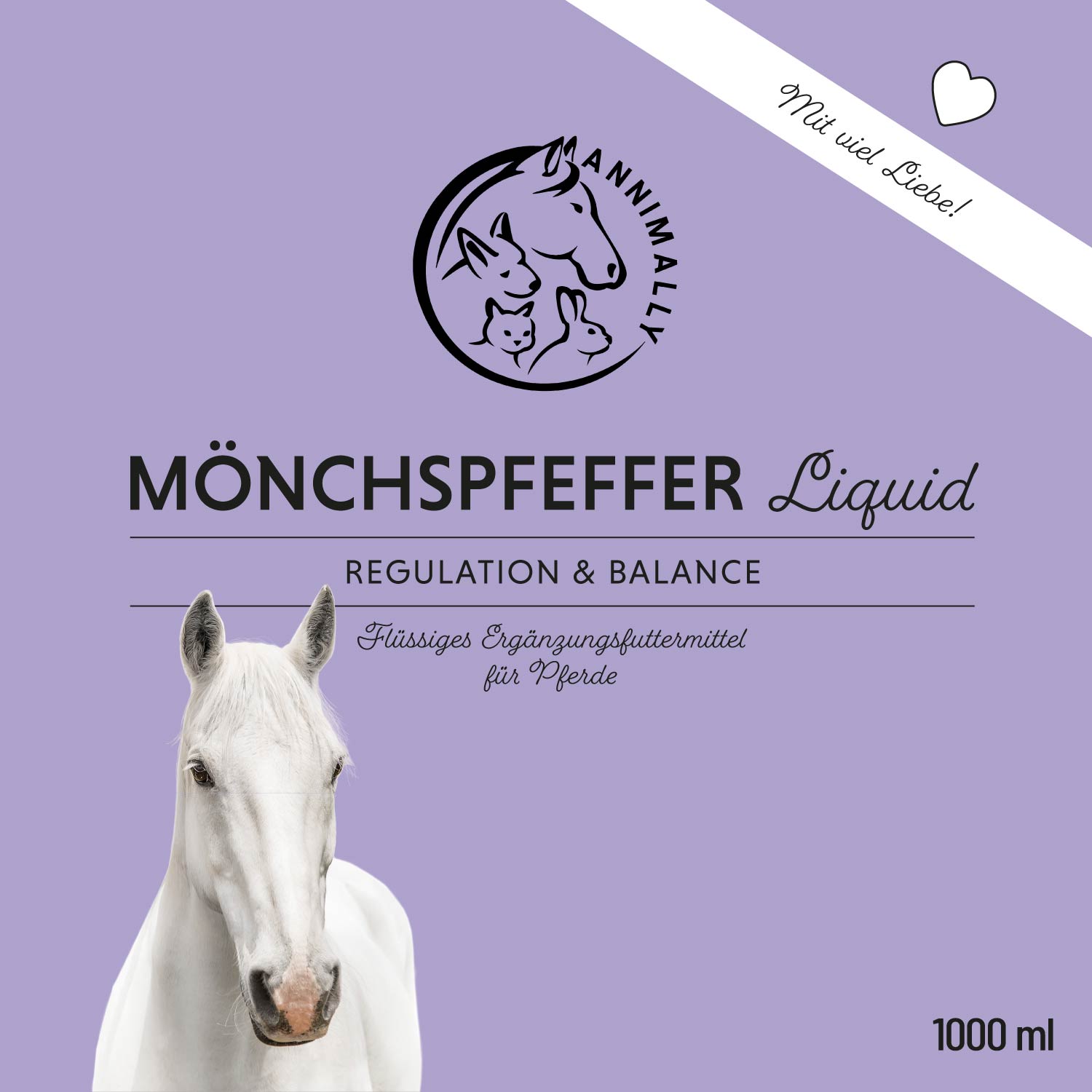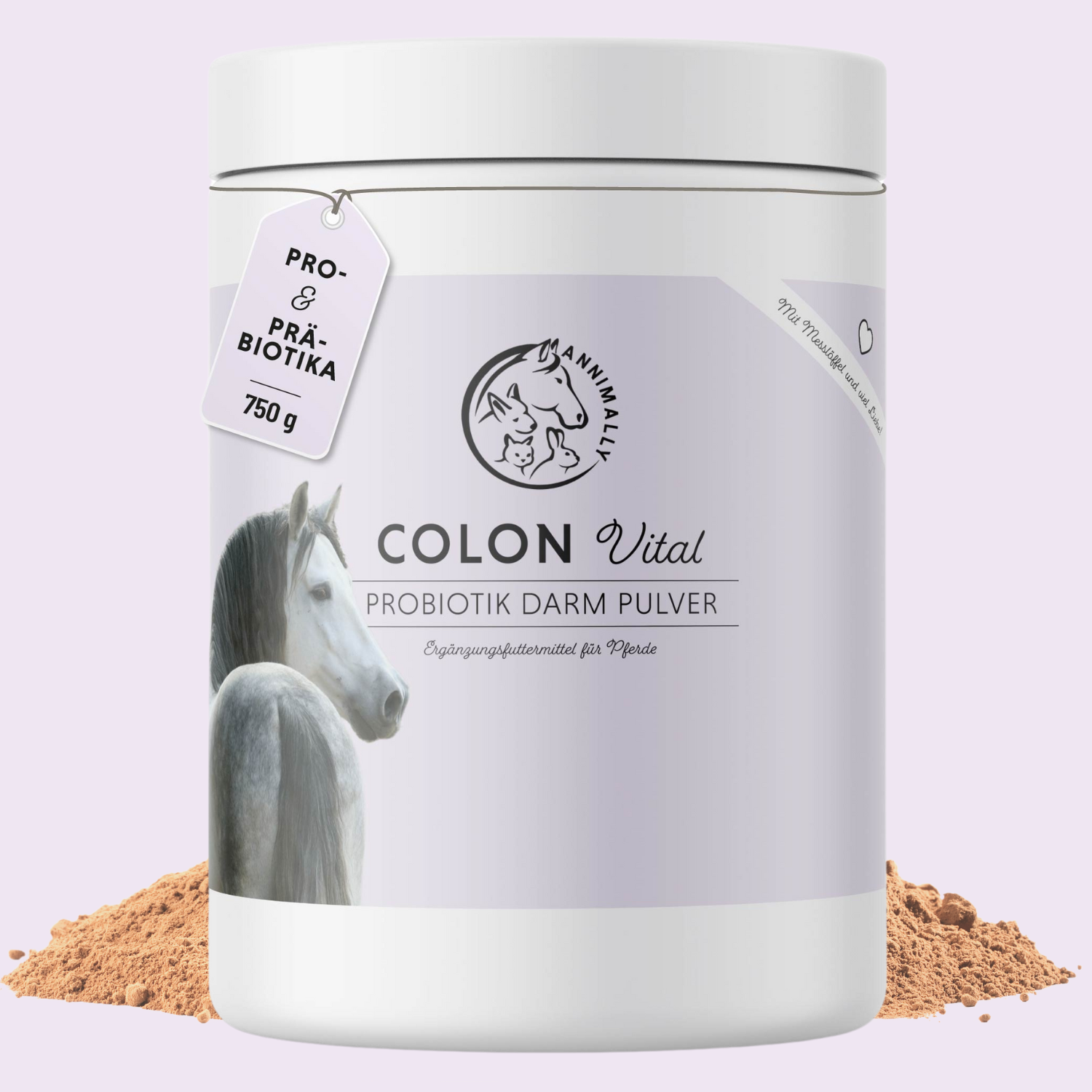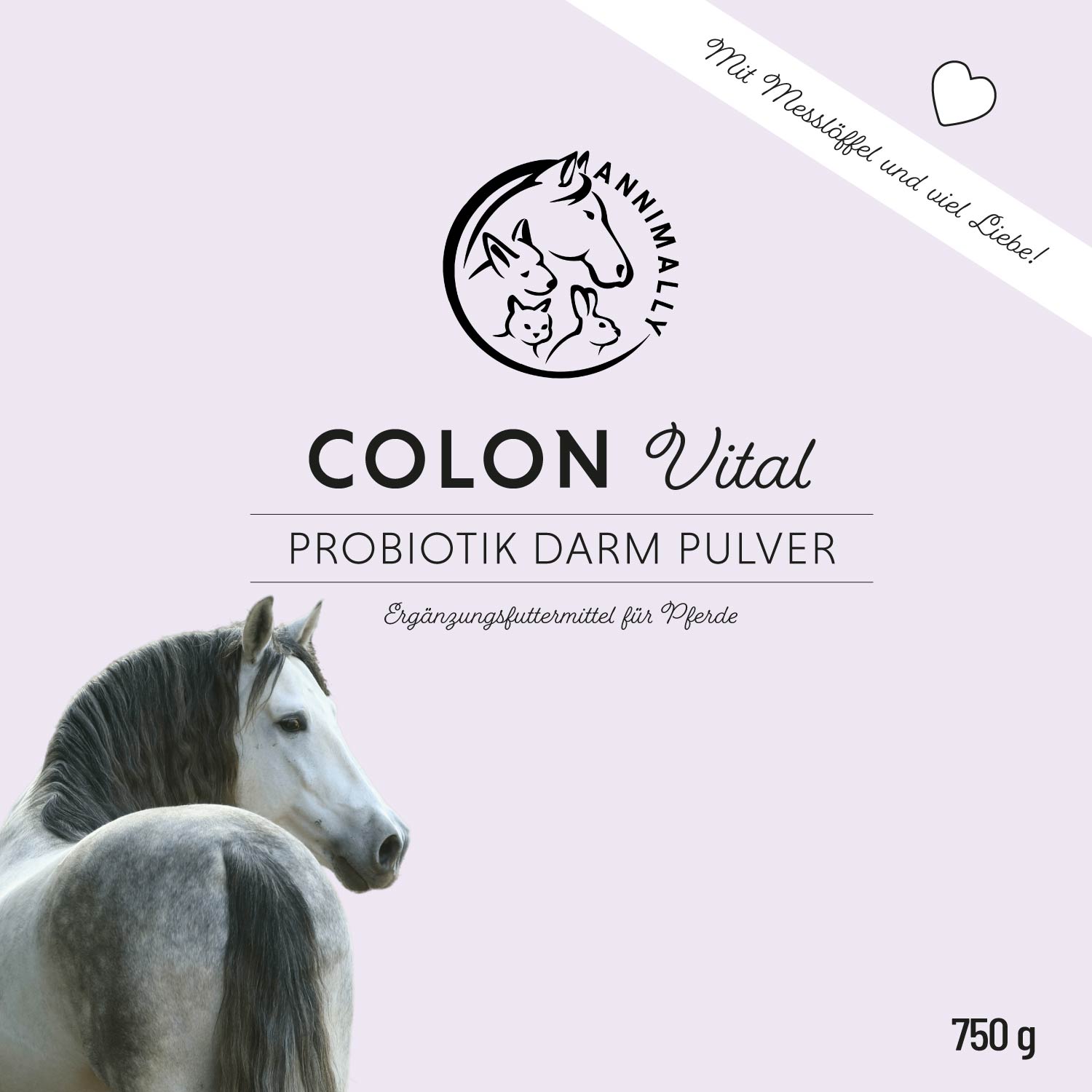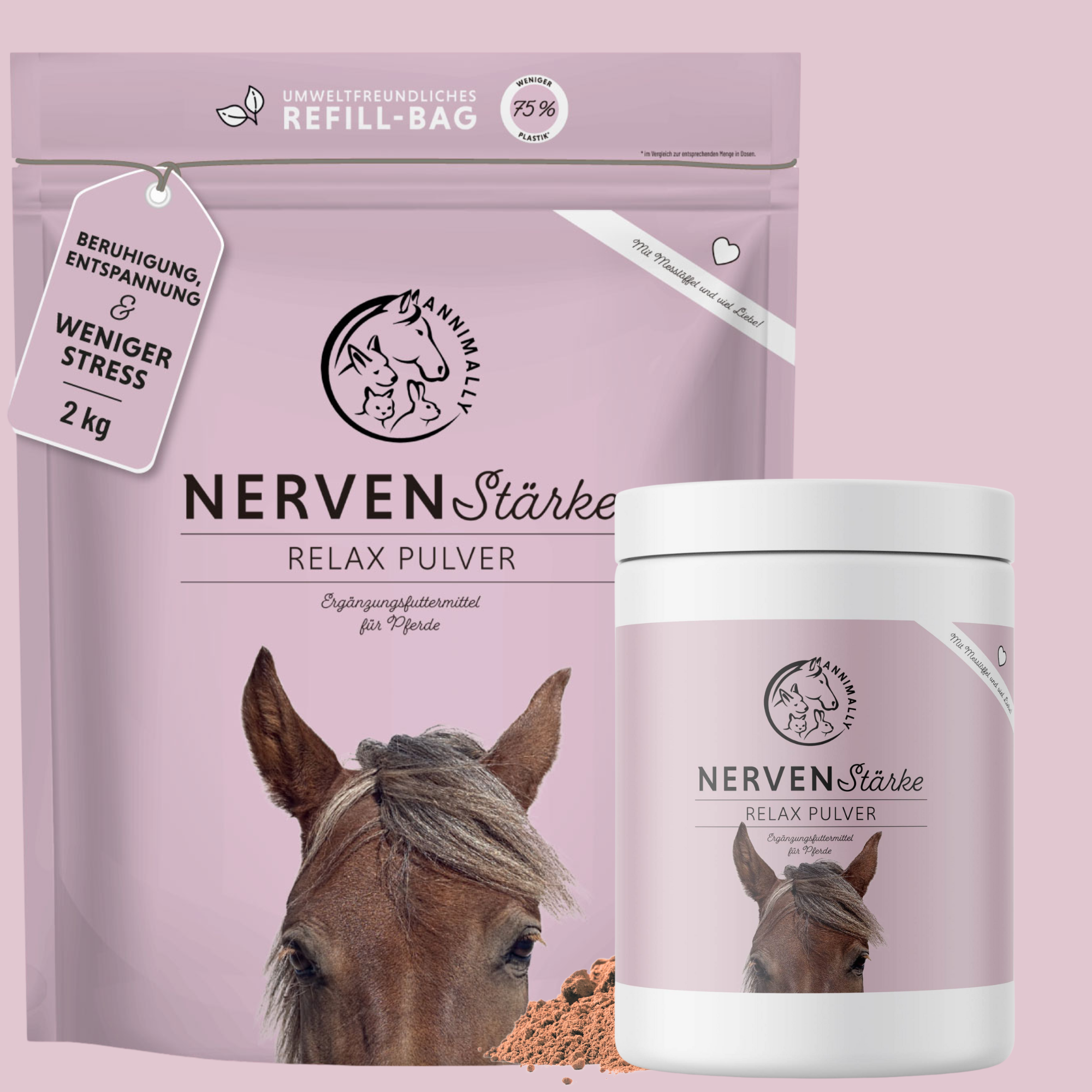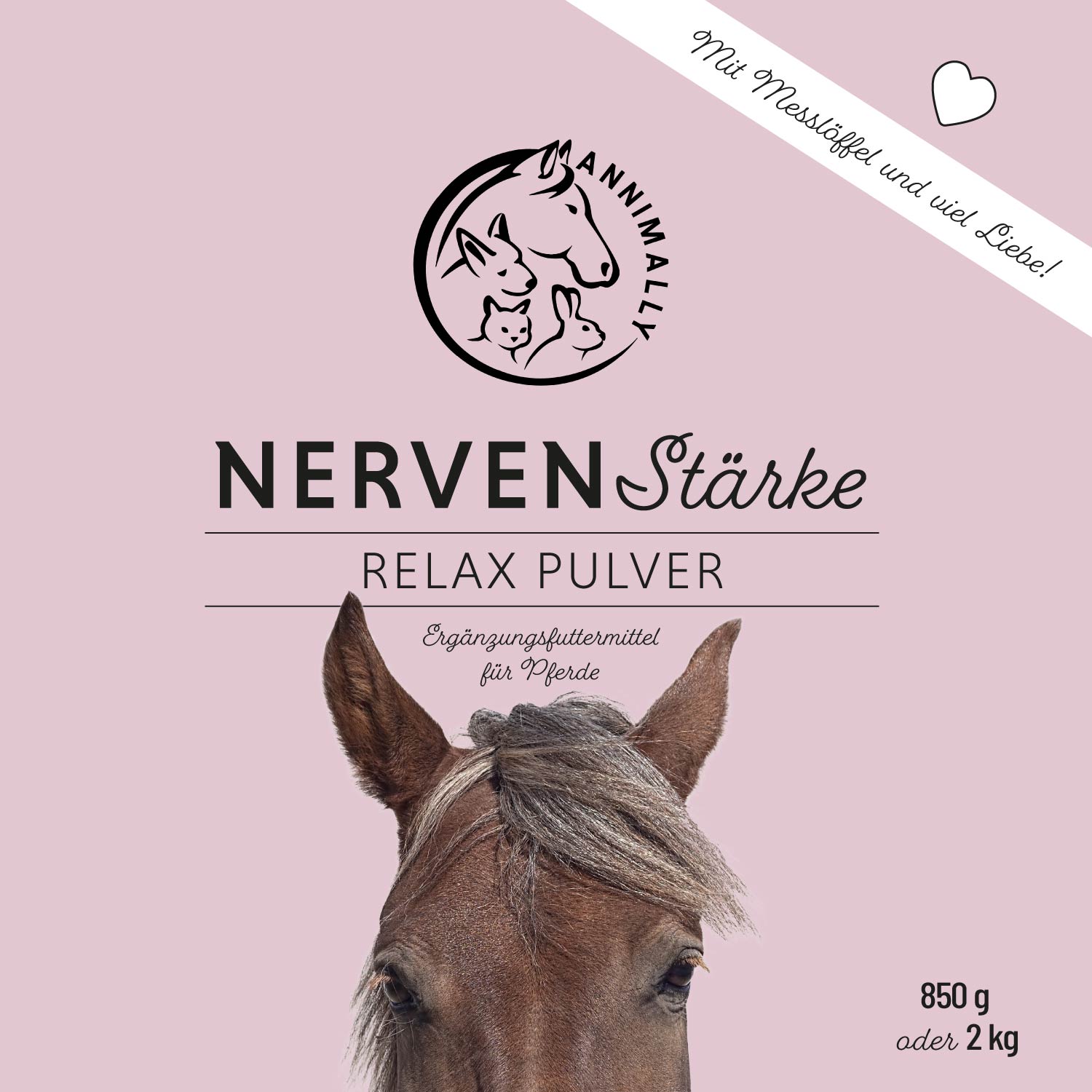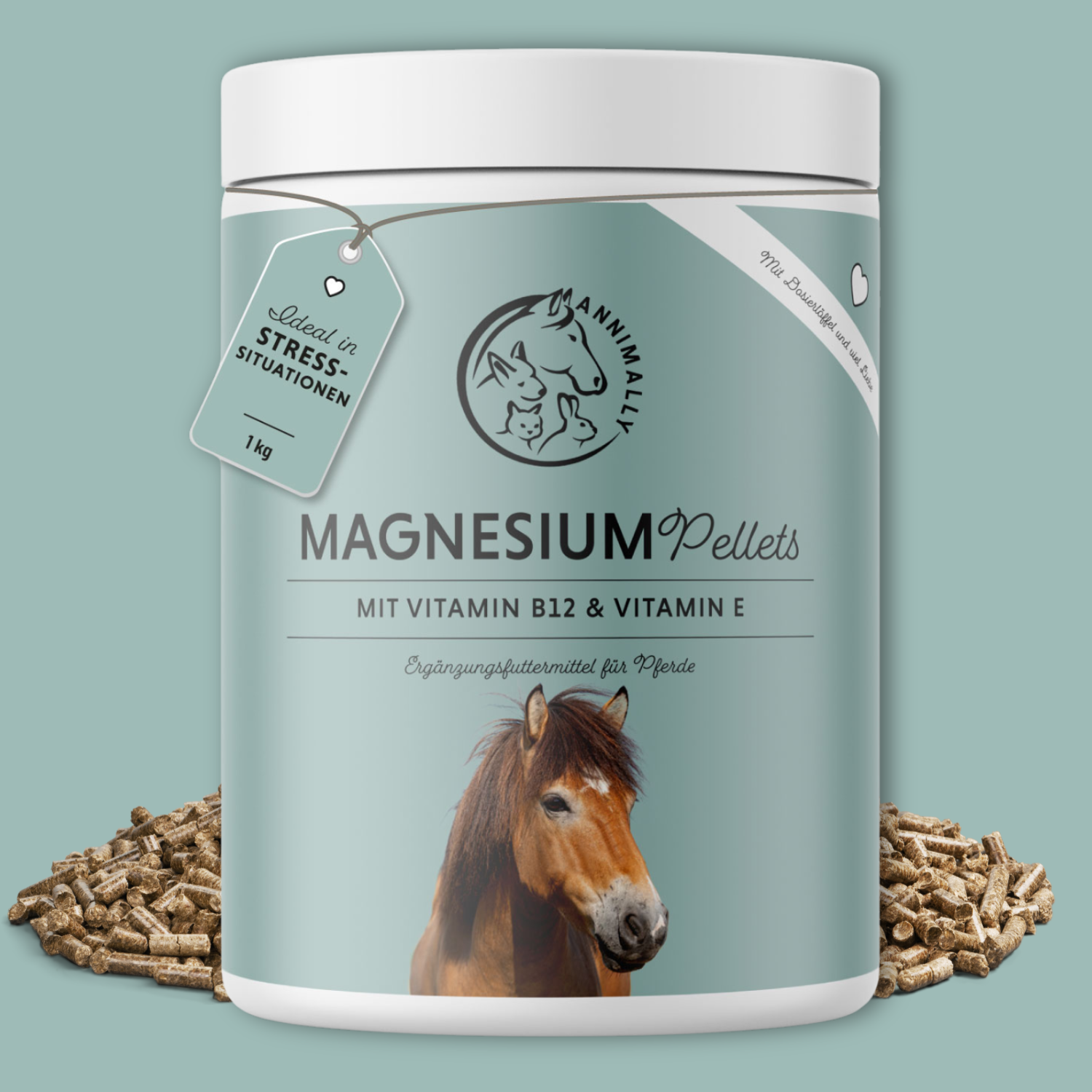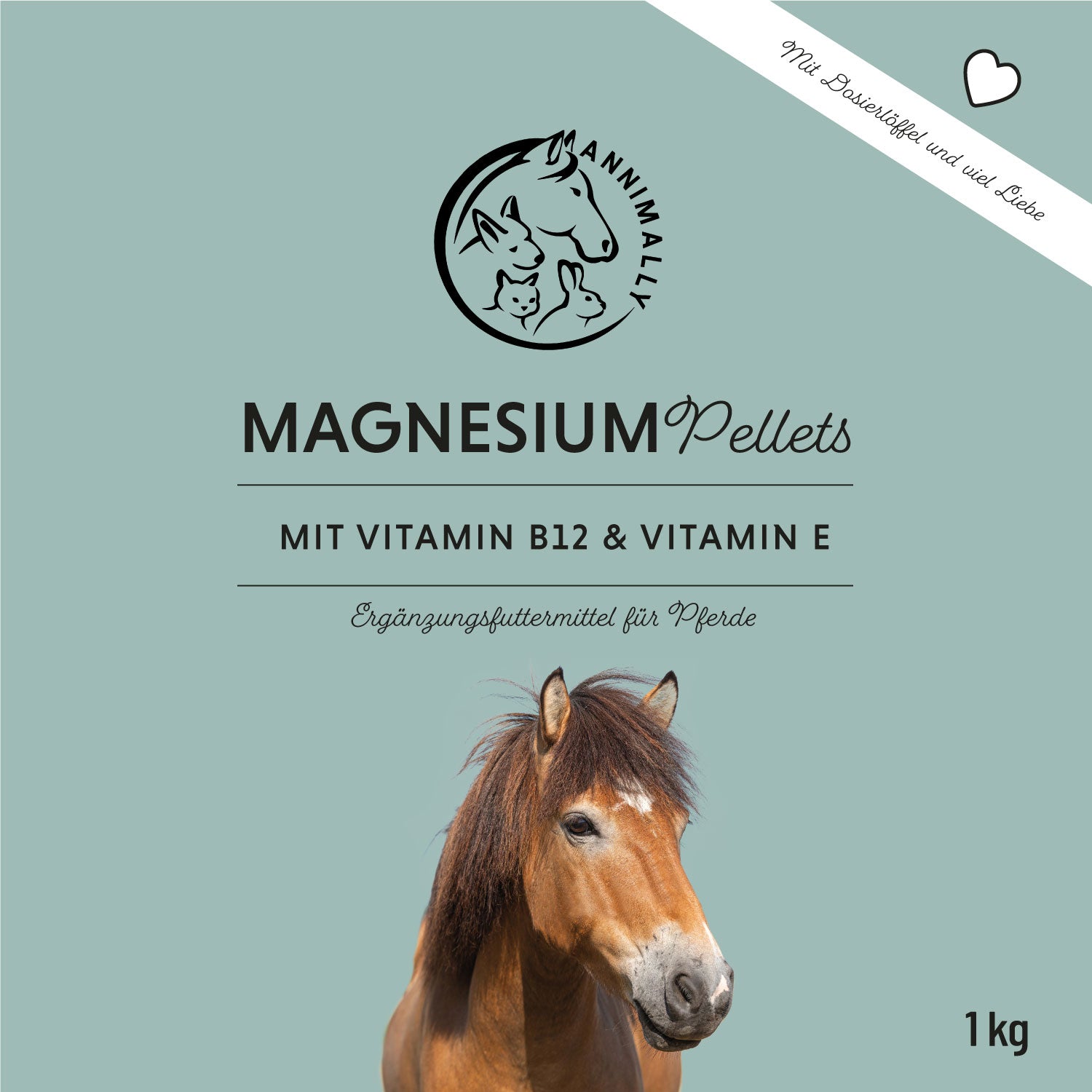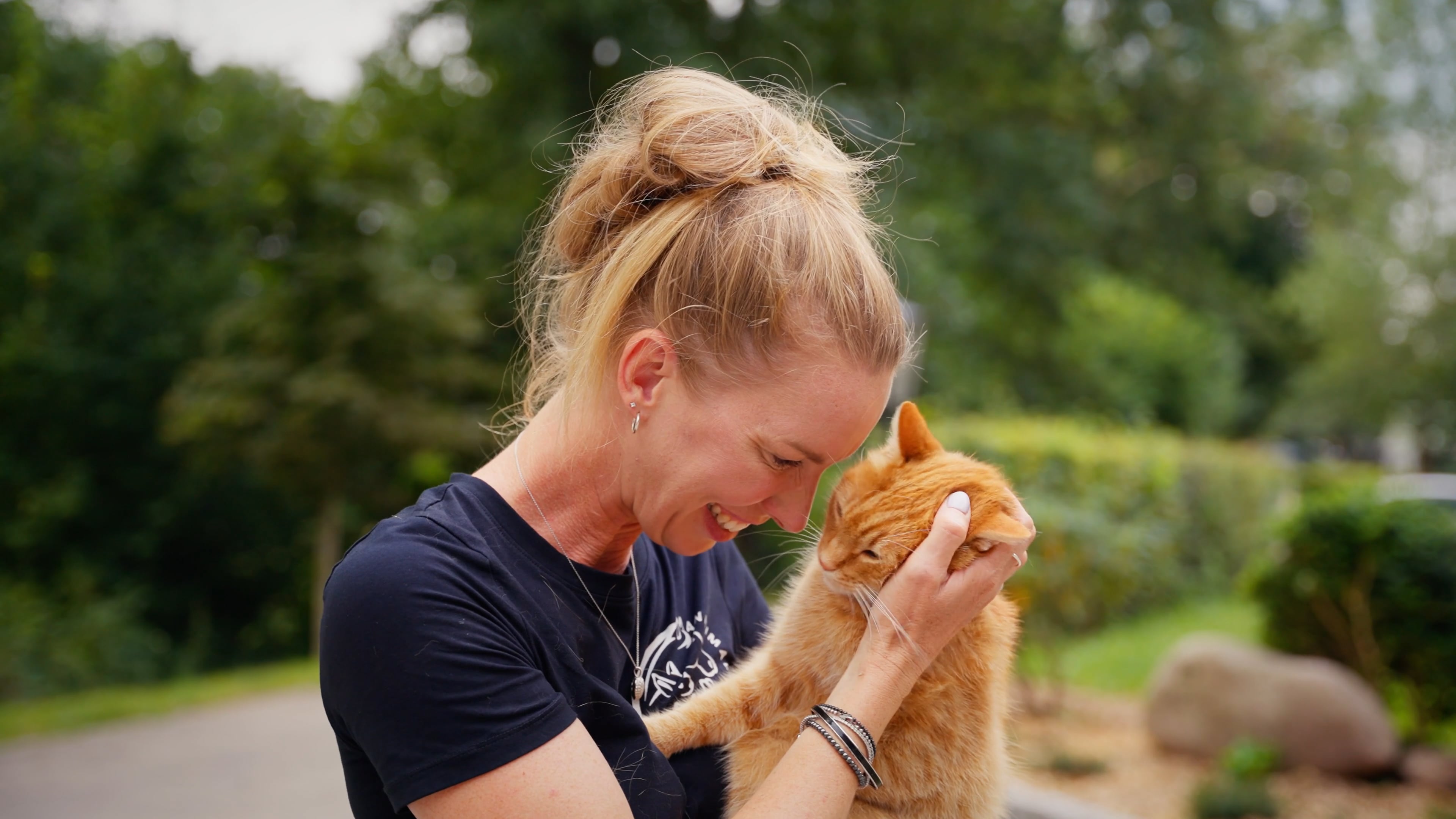Magnesium for horses – Why this mineral is so important for health, nerves and muscles
If you own or care for a horse, you know how sensitive these animals are to changes in their environment or training. Nutrition plays a key role, especially the supply of important minerals. An often underestimated component in horse nutrition is magnesium.
In this article, you will learn everything you need to know about magnesium in horses – from functions and deficiency symptoms to various forms such as magnesium oxide or magnesium fumarate.
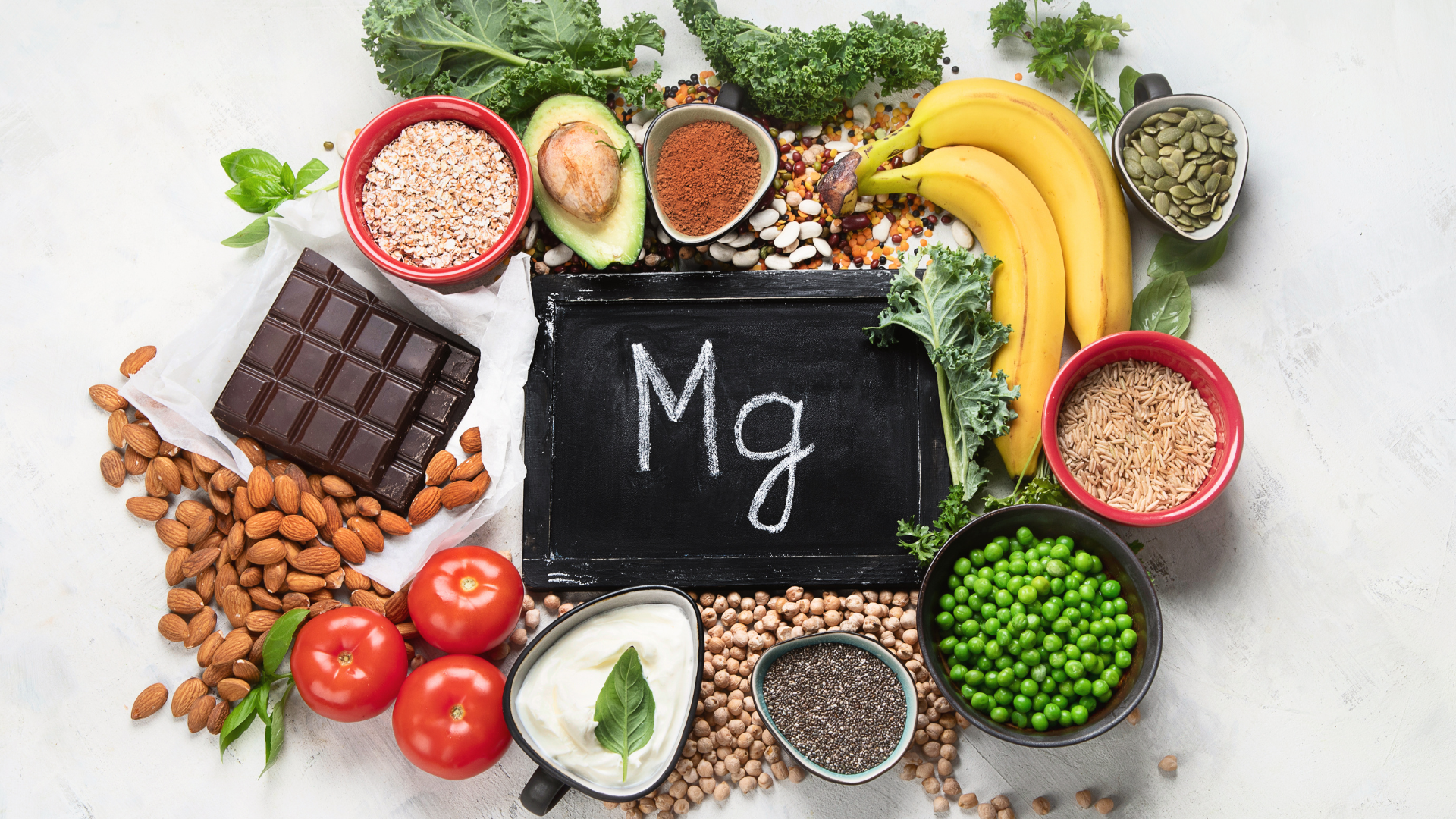
Why is magnesium so important for horses?
Magnesium is an essential mineral that performs many vital functions in your horse's body. It plays a key role in nerve function, muscle function, metabolism, and bone formation. Without an adequate magnesium supply, your horse cannot perform to its full potential.
The need for magnesium increases significantly, especially in sport or leisure horses that are under stress, high levels of exertion, or intensive work. The need is also increased during certain life phases such as growth, pregnancy, or illness.
Magnesium deficiency – How to recognize it
A magnesium deficiency in horses can manifest itself through a variety of symptoms. The signs are often non-specific, but you should pay attention if your horse:
-
suffers from muscle tension or muscle tremors,
-
is unusually jumpy or nervous,
-
Stress reactions show
-
Increased anxiety or insecurities,
-
prone to muscle cramps,
-
shows a declining willingness to perform,
-
has difficulty coordinating.
In some cases, a magnesium deficiency can even lead to colic, as the digestive tract and intestinal muscles can also be affected. An abnormal blood count can also indicate a magnesium deficiency, although it's not always easy to reliably measure the actual level in horses.
Causes of magnesium deficiency in horses
The reasons for an inadequate magnesium supply can be varied.
Here is an overview:
-
One-sided feeding, especially with a lot of grain and little feed rich in crude fiber
-
Low magnesium levels in forage or pasture grass (e.g. due to depleted soils)
-
Increased demand due to stress, training or tournaments
-
Poor intestinal absorption in metabolic disorders
-
Unfavorable ratio to other minerals such as calcium or phosphorus
-
An unbalanced diet or poor quality products
What functions does magnesium have in the horse’s body?
Magnesium is a true all-rounder and involved in more than 300 enzymatic reactions in the body. It is particularly important for:
-
the regulation of the nervous system
-
the transmission of stimuli between nerves and muscles
-
relaxed muscles (prevents cramps)
-
bone stability
-
energy production in cellular metabolism
-
the support of vitamin B12 and vitamin E in their effect
Magnesium is particularly effective when combined with vitamin E, as both protect cell membranes and scavenge free radicals. Vitamin B12 also contributes to improved nerve regeneration—an unbeatable trio for your horse's nerve health.
The best sources of magnesium – which form of magnesium is ideal?
Magnesium can be supplemented in various chemical forms. However, the quality and bioavailability vary greatly:
1. Magnesium oxide
-
Particularly widespread in supplementary feed
-
Cheap and stable, but comparatively low bioavailability
-
Well suited for permanent use
2. Magnesium fumarate
-
Organic compound with very good absorption capacity
-
Particularly suitable in cases of acute deficiency or during stressful periods
-
Often found in high-quality pellets or products
3. Other forms
-
Magnesium citrate or lactate: also highly bioavailable, but often more expensive
-
Combinations of several forms can increase effectiveness
Choosing the right form depends on whether you want to compensate for an acute magnesium deficiency or are aiming for a long-term supply of magnesium.
Feeding magnesium to your horse correctly – what you should pay attention to
When feeding magnesium, you should consider the following:
-
The daily amount should be adjusted to body weight and load
-
On average, horses need about 10–15 g of magnesium per day
-
A combination with vitamin E and vitamin B12 is recommended
-
Pay attention to a low sugar content in the products
-
Regularly check the levels in the feed, especially in hay and pasture grass
There are many types of supplements available – from pure magnesium supplements to mixed mineral feeds to specially developed anti-doping products. The latter is important if you use your horse in competitions – you should definitely ensure that doping-free products are available.
Conclusion: Magnesium for horses – more than just a mineral
Magnesium is far more than just a component of the mineral balance. It has a decisive influence on your horse's nervousness, muscle function, behavior, and general performance. You should be especially aware of a possible deficiency during periods of stress, intensive training, or when symptoms such as muscle tremors or sudden anxiety occur.
A targeted supplement – tailored to your horse's individual needs – can help alleviate stress reactions, stabilize the nerves, and strengthen the nervous system in the long term.
Don't forget: A good supply of magnesium is an important building block for health, well-being, and performance – and this applies not only to humans, but also to our beloved horses.
